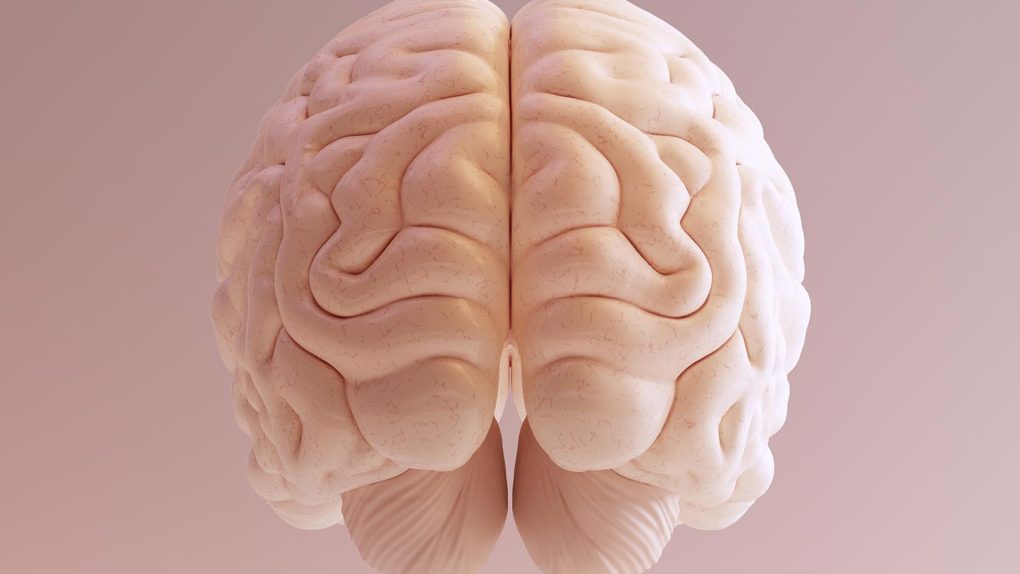Humans are the smartest living creatures on Earth. Well, maybe not “smart” entirely, but we’re at least the most advanced creatures when it comes to brain development, and scientists really want to know why. Evolution, sure, but the actual nuts and bolts of why our brains develop differently than those of other great apes and chimpanzees have been a mystery for a very long time. Now, new research published in the journal Cell offers the first real insights into how human brain growth is different than our nearest mammal relatives.
Humans are capable of a great many things due in large part to the physical size of our brains. Our brain organs are simply much larger than that of chimps and apes, and the huge number of neurons our brains have compared to primates is what helps to set us apart. By growing tiny samples of brain tissue in the laboratory, researchers were able to spot a key difference in the early development of human brains when compared to chimps and apes.
When humans and primates are first developing, their brains are built from what are known as neural progenitor cells. These are stalk-like cells that multiply over and over again, and they eventually form neurons. The equation is simple since more progenitor cells mean more neurons down the road, and it turns out that human progenitor cells behave differently than the progenitor cells of apes and chimps.
When observing the multiplying behavior of progenitor cells in the primates, the researchers found that the cells continued multiplying at a high rate for roughly five days before maturing and slowing down. That’s a lot longer than in mice, where the cells have been shown to mature within hours. This extended timeframe means that primates have increased brain power and larger brain organs, but human progenitor cells take it to the next level.
The research revealed that humans progenitor cells continue multiplying for up to a full week before transitioning. Because the multiplication of cells is an exponential affair, the extra two days of multiplication means a great deal more cells and eventually neurons in humans.
“We have found that a delayed change in the shape of cells in the early brain is enough to change the course of development, helping determine the numbers of neurons that are made,” Dr. Madeline Lancaster, lead author of the study, said in a statement. “It’s remarkable that a relatively simple evolutionary change in cell shape could have major consequences in brain evolution. I feel like we’ve really learnt something fundamental about the questions I’ve been interested in for as long as I can remember — what makes us human.”
Further research revealed that the difference in the behavior of the cells may be controlled by the ZEB2 gene. The interesting thing here is that by slowing the activity of the ZEB2 gene in primate tissue, the brain organoids being grown in the lab became more human-like. So, if we slowed the ZEB2 gene in human development, would that lead to an ultra-smart human? We simply don’t know… yet.








